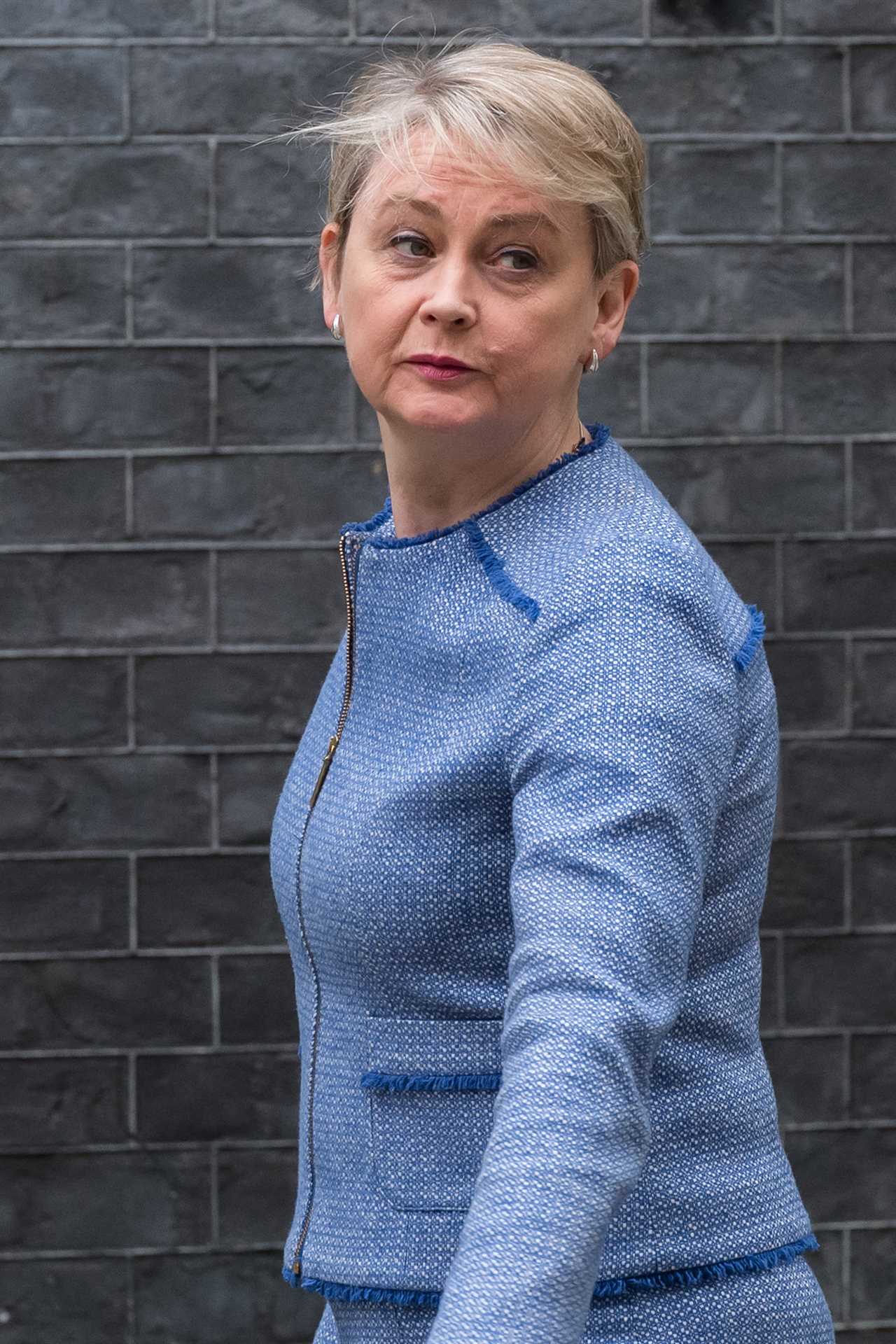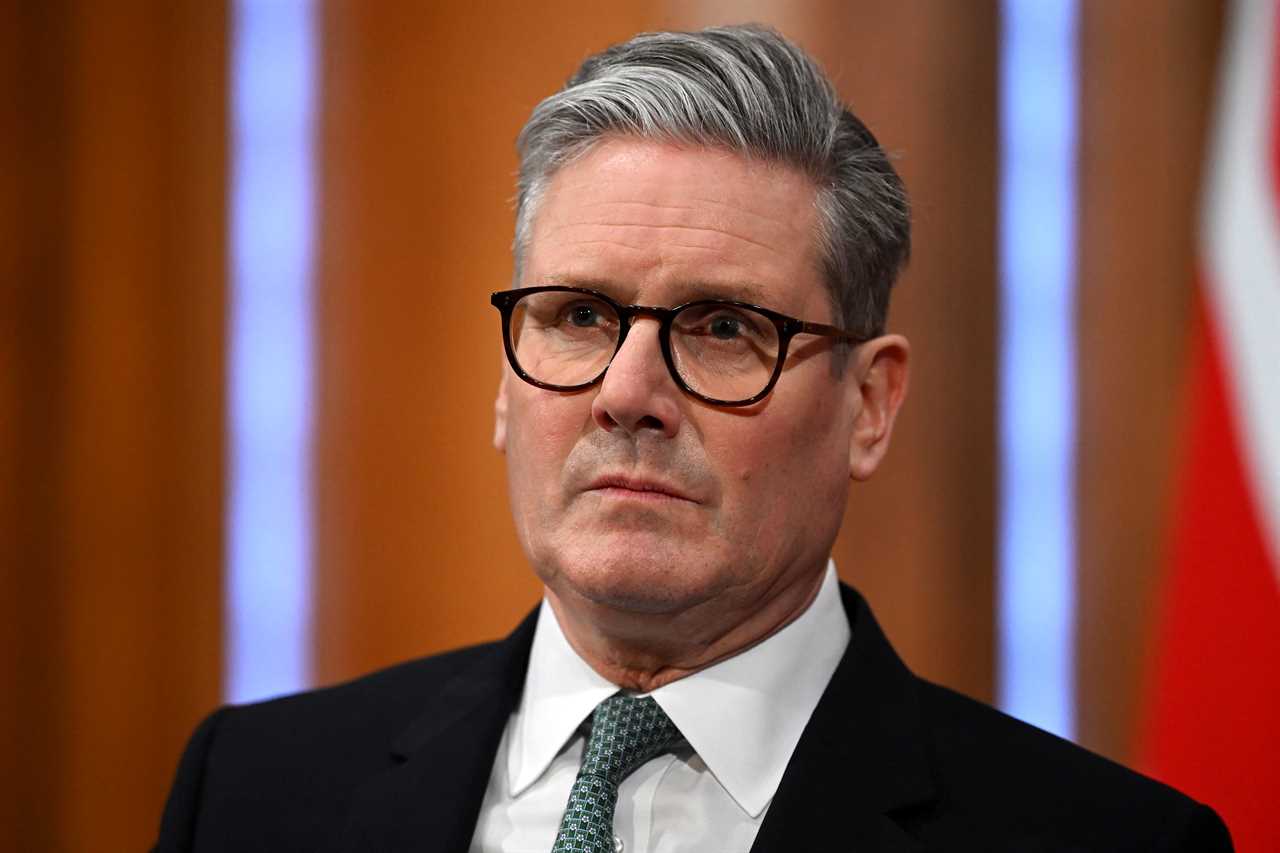
The impending immigration overhaul, set to be revealed by Sir Keir Starmer, is poised to bring significant changes to the UK's visa policies, particularly affecting foreign care workers. This move comes amidst broader debates on migration's economic and social implications, reflecting a delicate balance between controlling influx and meeting labour demands.
Shifting Immigration Landscape: Balancing Act of Needs and Controls
As the Home Secretary, Yvette Cooper, signals the closure of the care worker visa route and stringent measures like English language testing, questions arise about the impact on essential services and vulnerable populations. How do proposed changes reflect deeper tensions between migration control and economic growth?
Labour Market Realities: Addressing Shortages and Skills Development
Exploring the need for domestic skill development and reducing reliance on overseas labour unveils complex challenges. How can policies ensure fair treatment for migrant workers while fostering local employment opportunities and industry sustainability?
Humanitarian Concerns vs. National Interests: Unpacking the Immigration Debate
Amidst calls for substantial reductions in migration numbers, how can the UK balance humanitarian obligations with national interests, especially in crucial sectors like healthcare and social care? What role does training and upskilling play in reshaping the labour landscape?

Employers, policymakers, and advocates navigate a complex terrain of economic demands, social responsibilities, and legal frameworks, highlighting the intricate interplay of immigration policies with societal well-being and economic stability. As discussions unfold, the nuanced impacts of these proposed reforms on various stakeholders remain a focal point of scrutiny and debate.






